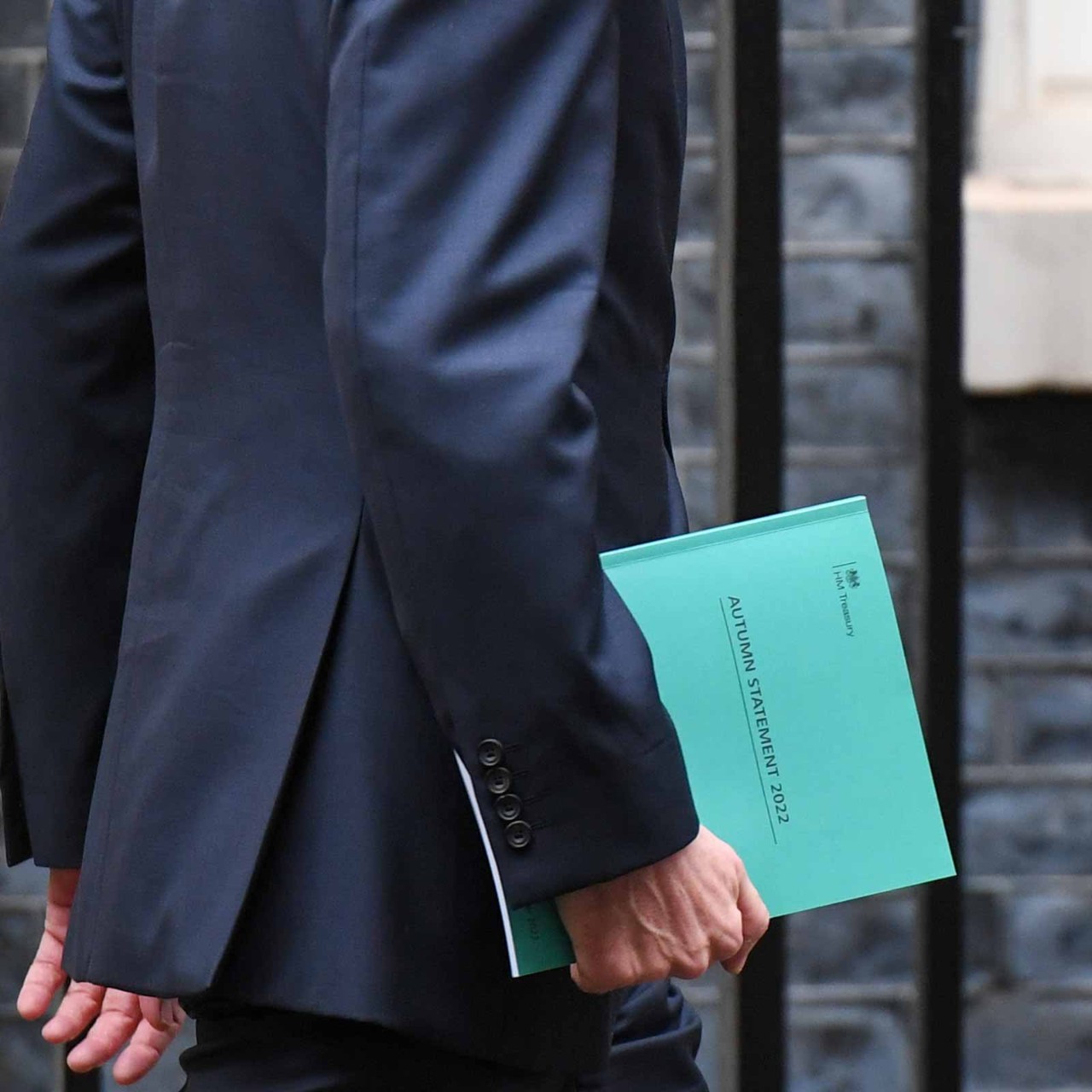
January 2023 marks five years since the spectacular collapse of Carillion, then the UK’s second largest construction company, with what turned out to be liabilities of almost £7bn (see box). Five years on, we are still to see the government introduce legislation on key elements of the proposals. Has anything changed in audit after all this time?
Yes and no. The short answer is that much has happened and yet cornerstone elements of audit reform remain awol.
Voluntary separation represents significant change for the Big Four
Practitioners agree. According to Andrew Walton, EY’s UK head of audit, firms have taken steps to voluntarily beef up the quality of audits and review their own structures. But other changes must happen, too.
‘Further delays to legislation risk losing the momentum behind reform, and shareholders, auditors and companies continue to wait for clarity on measures and timescales,’ he says.
Dramatic plans
There were dramatic reforms planned for audit. The headline proposals included:
- a new regulator, the Audit, Reporting and Governance Authority (Arga), to replace the Financial Reporting Council (FRC)
- managed shared audit for public interest companies
- operational separation of audit from non-audit service lines at Big Four firms
- companies to issue statements on resilience, internal controls and an audit and assurance policy
- audit committees would work to new standards developed by regulators.
The Queen’s Speech in May 2022 committed the government to pushing ahead with legislation to create Arga, along with new powers, mandate-shared audit and bringing the largest private companies within the scope of audit regulation. But the bill is yet to appear, giving the impression that after a frustrating five years and much intellectual investment, little has changed.
However, some movement is under way.
Some progress
The regulator has been busy. Staff numbers have been expanded, especially in enforcement, ahead of the transition to Arga. It’s also issued a consultation paper on developing audit committee standards while it awaits powers to enforce them.
‘We have supercharged the importance of audit. We’ve put it on a pedestal'
Meanwhile, work is also under way on a new internal controls regime to be introduced through the UK’s corporate governance code. Not everyone is pleased with this last step. According to Jane Fuller, one of the authors of the CFA Institute’s position on audit reform, the UK needs rules similar to the US Sarbanes-Oxley Act in which directors are held liable for internal controls and auditors check their disclosures.
‘We wanted a UK Sarbanes-Oxley because we think that there are still weaknesses in UK companies' internal controls,’ Fuller says.
Elsewhere, the Big Four firms have voluntarily begun the work of operational separation of their audit teams. EY has even revealed a strategic review to consider the more radical step of spinning its audit arm into an entirely ‘independent business’.
Voluntary separation represents significant change for the Big Four. Sotiris Kroustis, head of public affairs at PwC, says the firm has physically’moved its audit team away from other parts of the business and is no longer part of the general assurance service. Audit has its own P&L and new governance structures, with a team of non-executives dedicated to maintaining audit quality and rewarding staff for doing so, too. The only part of the business still attached to audit is ESG assurance because it requires the ‘independence’ of those undertaking the work.
Auditors await an indication of when a firm will have to turn its solo audits into shared projects
‘We have supercharged the importance of audit. We’ve put it on a pedestal,’ says Kroustis. ‘And in constructing our ringfence, we have said the things we value most in our audit practice are delivering high-quality, true and fair audit opinions and assurance reporting over financial and nonfinancial information.’
The path to reform
When Carillion became insolvent in January 2018, it was just months after accounts published in March 2017, which painted a ‘rosy picture’, according to a parliamentary report. In fact, so rosy was it that the company paid dividends of £79m.
Four months later, it issued a profit warning and a restatement reducing the value of contracts by £845m. By the end of the year it was clear that Carillion’s position was terminal.
The collapse triggered an epic round of soul-searching among regulators, auditors and governance professionals, as well as outrage among politicians. A parliamentary probe followed, as well as three government-ordered reviews: one by the Competition and Markets Authority, then two others: the Kingman and Brydon reviews. Respectively, they looked at the state of the audit market, regulation of the industry and the quality of audit. A government white paper followed with 140 recommendations for the profession, investors and rule-makers to consider.
Unfinished business
Perhaps the biggest unresolved issue is what happens to the managed shared audit proposal, with the government still to put some meat on the idea. Auditors await a clear definition of the policy and an indication of when a firm will have to turn its solo audits into shared projects.
One thing the industry does know is that the reform is not ‘joint audit’, the original recommendation from the CMA. Joint audit would have seen two firms independently liable and gathering evidence to sign off on an audit. In a ‘shared’ audit, one larger firm is responsible for signing off, while another ‘challenger’ undertakes a ‘meaningful’ portion of the work.
There is a lingering fear that the loss of another big firm could put the market in crisis
Certainly, there has been opposition to shared audit. Some argue it is costly, others that it won’t deliver audit quality. But the idea is not just about quality; it’s also about increasing competition among firms and, potentially, increasing the number of audit providers. There is a lingering fear that the loss of another big firm could put the market in crisis.
Using shared audit as the vehicle for change will require more substance if the idea is to stand any hope, according to some. ‘The key issue,’ says Bob Neate, deputy chair of audit at Mazars, ‘is that the challenger firm has to do a meaningful part of the audit. So it comes down to your definition of what is meaningful.’
The cost argument hasn’t gone away, either. Recently reported figures suggest the additional cost to FTSE 350 firms over 10 years could be £1bn. Neate disputes cost as an argument, saying that it involves calculating the price of audit work ‘reviews’ that have to be done anyway. Mazars, he says, already participates in shared audits and they have ‘traditionally’ saved money.
Incremental change
Audit reform is coming together. Most agree, however, that the slow pace of change is the real issue. When the FRC recently set out a plan for its work on audit resilience and competition, it could not escape noting it was still waiting on legislation for new powers across six different areas.
Momentum for change has not been matched by ‘concrete progress to change the fundamentals of the audit landscape'
According to Mike Suffield, director of professional insights at ACCA, the regulator has been left to make as much incremental change as it can in the absences of legislation. Thus the initial momentum for change in the immediate wake of Carillion’s collapse has not been matched by ‘concrete progress to change the fundamentals of the audit landscape,’ he says.
It all now depends on whether Downing Street’s relatively new incumbents remain interested. ‘This is not to suggest the government does not wish to make progress,’ says Suffield, ‘but in practice, while we are hopefully moving into less turbulent political times, the next general election is a maximum of around two years away, and the Sunak government will be looking afresh at legislative plans.’
Auditors across the country await to see what happens next.
More information
See Jane Fuller's earlier column on audit quality
Read the AB article, 'Thirty years of corporate governance'




